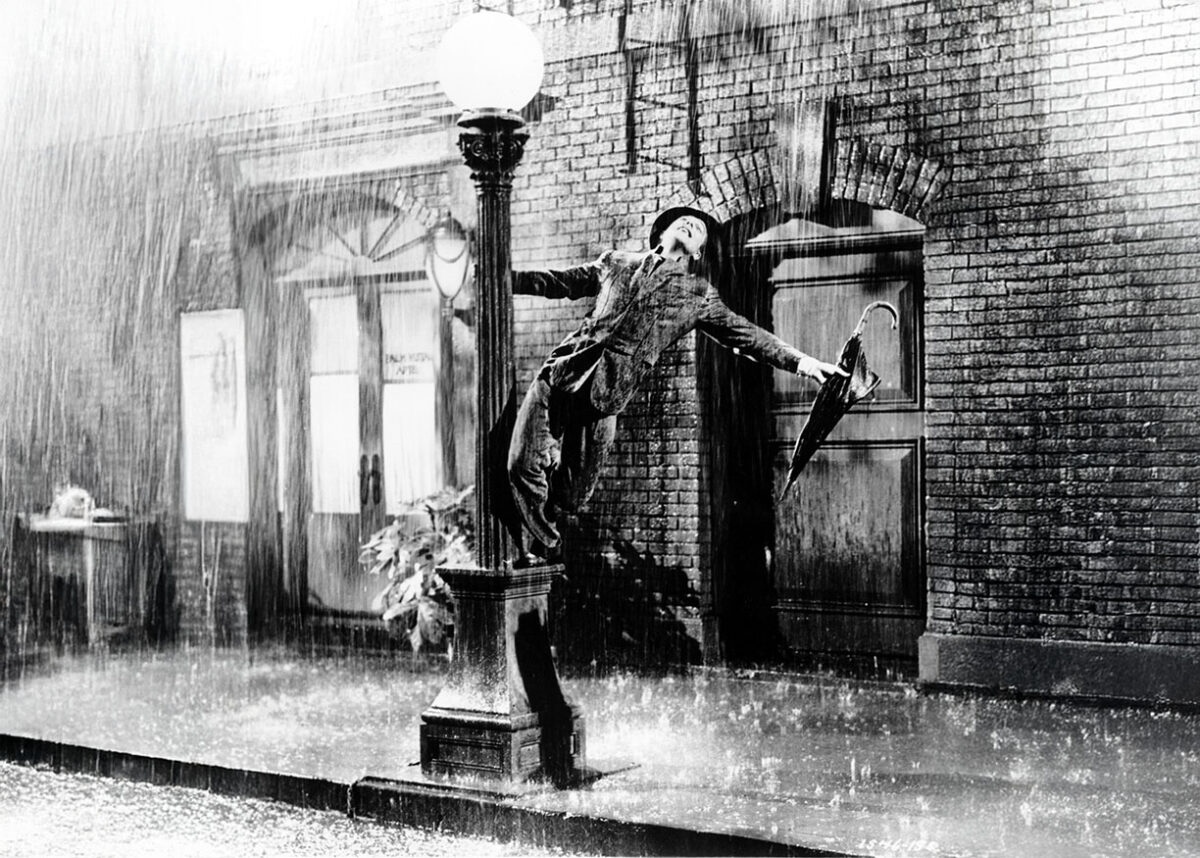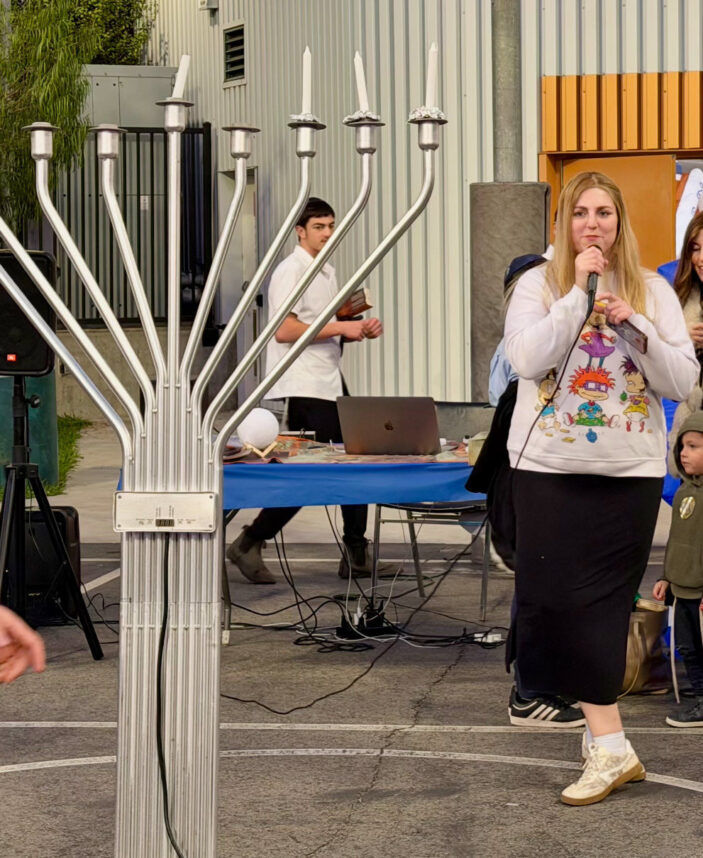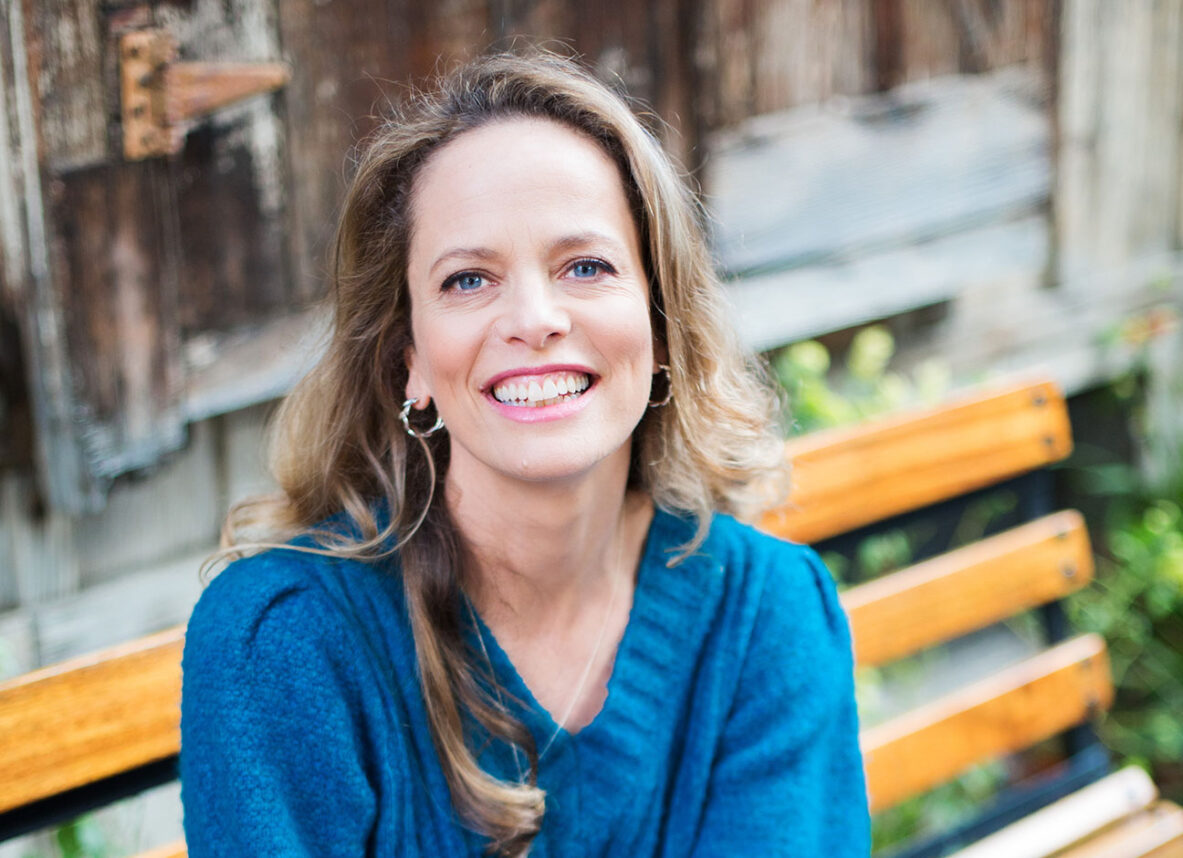How does one remove sin and guarantee one’s name in the Book of Life during the Ten Days of Repentance? Here’s one way that does not work: Take a factory-farmed white hen out of a battery cage in the sweltering heat, wave it over your head, say “This is my exchange, this is my substitute, this is my atonement.” Then summarily cut its throat and toss it in the trash to die. This, tragically, is the modern version of the High Holiday ritual of kapparot taking place in some parts of Jewish Los Angeles.
Since roughly the 12th century, this controversial blood ritual of Kapparot, performed between Rosh Hashanah and Yom Kippur, has had its proponents and plenty of opponents within the traditional Jewish world. Joseph Caro, author of the Shulchan Aruch, as well as Nachmanides, opposed this ritual, which infringes on the laws of tza’ar ba’alei chayim (animal cruelty), bal tashchit (wanton waste) and the creation of n’veilah (carcasses unfit for consumption). Some have objected because it too closely resembles ancient Temple practices, others due to a longstanding, nefarious anti-Semitic impression upon non-Jews that we are devil-worshippers offering up to Satan. Just search “satan” and “kapparot” on YouTube and you’ll be shocked. More basically, Jewish law teaches, “The law of the land is the law” (dina d’malchuta dina), which means that those who perform the ritual must follow legal statutes; in Los Angeles City, the municipal code itself outlaws animal sacrifice, effectively banning the ritual altogether.
Last year, a handful of entrepreneurs offered this ritual for $18 for one chicken on-site, or $26 per chicken with a minimum of two if performed at home or office. In at least one instance, they used factory-farmed hens for both men and women, contradicting Jewish custom of using hens for women, roosters for men. In at least three sites, they dumped the chickens into the trash, and one business even erected misleading signs to falsely suggest that they were giving the chickens to tzedakah. Having led a “Compassionate Kapparot” ceremony using money instead of chickens with some of my colleagues, I was even invited in to videotape a bucket of ice with chickens allegedly prepared for donation to a food bank, later verified to be entirely false.
Countless concerned Pico-Robertson neighbors and activists as well as the press documented the mockery of decency: While alive, these chickens endured horrific heat, without food, water or shade, feces and urine covering those on the bottom layer of the battery cages. After they were slaughtered, their carcasses were simply dumped and incinerated, never given to tzedakah nor a food bank (since these operations were unlicensed, no food bank could even accept the chickens due to the disregard for food safety laws). By the end of the week of kapparot protests, with countless calls to the sanitation department, the health department, Councilmember Paul Koretz’s office (who also sent a reminder to Jewish organizations in his district that the practice is against municipal code) and so many other agencies, the California Department of Food and Agriculture shut down these operations.
This year the anti-cruelty momentum is growing. If we were in China, this new year might be The Year of the Chicken. In the face of agencies committed to enforcing the law, outspoken animal rights activists, a petition drive with more than 7,000 signatures, overwhelming opposition in both the Jewish Journal and Los Angeles Times and even the attention of elected leaders, finally, the kapparot profiteers who were shut down last year are no longer offering this ritual publicly. Hundreds if not thousands of chickens will be saved, and Jewish compassion for all life finally honored communally. While some may continue to offer the ritual in select locations, contrary to the law, the most blatant disregard for compassion toward animals will not take place in 2014.
Most Jews eat chicken; few are “radical vegan rabbis,” as one disingenuous defender of this ritual who earns a pretty penny commercializing kapparot attempted to tar me last year. One need not be reduced to a caricature to oppose this practice. In fact, the tide of opposition to chicken-based kapparot has forced this defender’s operations underground this year, limited to home and business delivery. Virtually no one who opposed the protesters last year believed that the chickens were being dumped, but if they knew, most said they would oppose it. All it takes is the tiniest scintilla of rachmanut, compassion. The cruelty and undue suffering of these beautiful tossed birds makes this optional custom unfit for a 21st century Jewish community that prides itself on our collective deep regard for all life.
As a people, we have always championed compassion, justice, and law. Kapparot with chickens is none of those three things. The ritual symbolizes atonement, but it does not actually create it; atonement ultimately comes from God. Even psychologists have long taught that violence toward animals desensitizes children to violence later in their lives; why should we allow our Jewish neighborhoods to be transformed into slaughterhouses and our dumpsters into morgues each year through this antiquated, largely abandoned custom? Despite attempts to distract from the core issues, this is not a matter of religious freedom; it is a matter of conscience and respect for life.
Meanwhile, on the morning before Yom Kippur, I will, indeed, practice a fully accepted alternative approach to kapparot, as provided in the most common Orthodox prayer book in America (Artscroll): I will wave a bag of coins over my head and say, “This is my exchange, this is my substitute, this is my atonement” and give them to tzedakah or to a homeless person in my neighborhood, with prayers that I can practice kindness and compassion toward all of Earth’s inhabitants, in this new year.
Rabbi Jonathan D. Klein is co-founder/director of Faith Action for Animals.
































